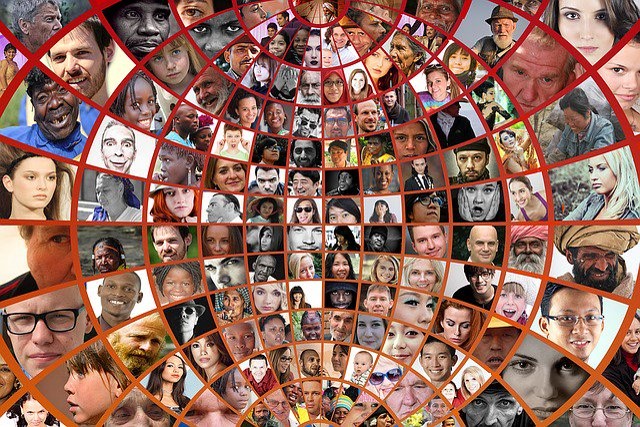Last week, we discussed the six key areas of adjustment for new college students. This week, we’d like to focus on the cultural adjustment for first-years.
Adjusting to the new “culture” of college likely began for your student last fall. Right off the bat, they probably noticed that their daily interactions with students, faculty and staff included others who are quite different from them: those from various cultures, religious beliefs, sexual orientations, ages, and physical abilities. Interacting in a number of different settings, some social, others academic or work-related. What these experiences have in common is that they provide opportunities to learn from others with perhaps a vastly different perspective.
Learning with a diverse student body can be exciting, but also intimidating. In one of my classes recently, a student told me that he had never met a student from a different country until he came to college. While the student is excited to have the opportunity to live and study with students from all over the world now, he’s a bit nervous because he doesn’t want to “say something weird” in class or in conversation. I reassured him that being open to other cultures is a great first step, and that asking a simple open-ended question such as “what is your country like?” will give other students a chance to share their stories, while giving him a chance to learn about a new culture.
Exposure to people who are different is a fantastic learning experience; it can also lead students to realize that they may have held some biases or stereotypes about other people. For example, a former first-year student that I know recently recalled to me that she had always made certain assumptions about people with learning disabilities. Once she met a student who had dyslexia, she realized that some of her prior-held beliefs were misinformed and incomplete. This learning process occurs time and again for college students, particularly for those in their first year.
How much a student will benefit from diverse interactions in college depends on their ability to adjust culturally. As parents and family members, we can help support our students’ cultural adjustment in a few ways:
- Encourage your student to be accepting and welcoming of differences
- In conversations with your student, ask about any new people they’ve met
- Encourage your student to meet new people and participate in new experiences.
- Show your own interest and curiosity to learn about other people and other cultures
First-year college students report positive experiences from living and learning on a diverse campus. Some students say that it enables them to take their ideals, reflect on them, and reconsider their world view. Students grow and change when they experience different cultures first-hand. Isn’t this exactly what we hope for when we send our students to college?

